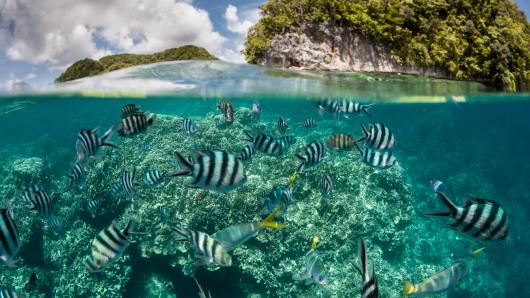Course description
Faced with limited resources and complex environmental problems to solve, researchers, practitioners, and policymakers must make tough decisions. Environmental decision making in the twenty-first century requires thinking through multidimensional choices characterized by uncertain science, diverse stakeholders, and difficult trade-offs. Too often, however, important decisions are made opportunistically or on an ad hoc basis, leading to suboptimal investments, poor implementation, and unintentional outcomes. This course prepares students to tackle contemporary environmental problems using structured decision making and systematic conservation planning to maximize impacts for people and nature. Students learn about trade-offs, moral dilemmas, and other complexities of conservation in social-ecological systems. Through practical labs, students gain a variety of quantitative and qualitative skills to inform, design, and prioritize effective and equitable conservation interventions. Labs include introductory-level data analysis in R and spatial analyses in QGIS. For complete and current details about this Harvard Extension course, see the description in the DCE Course Search.





